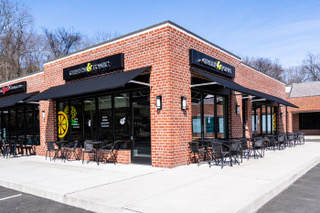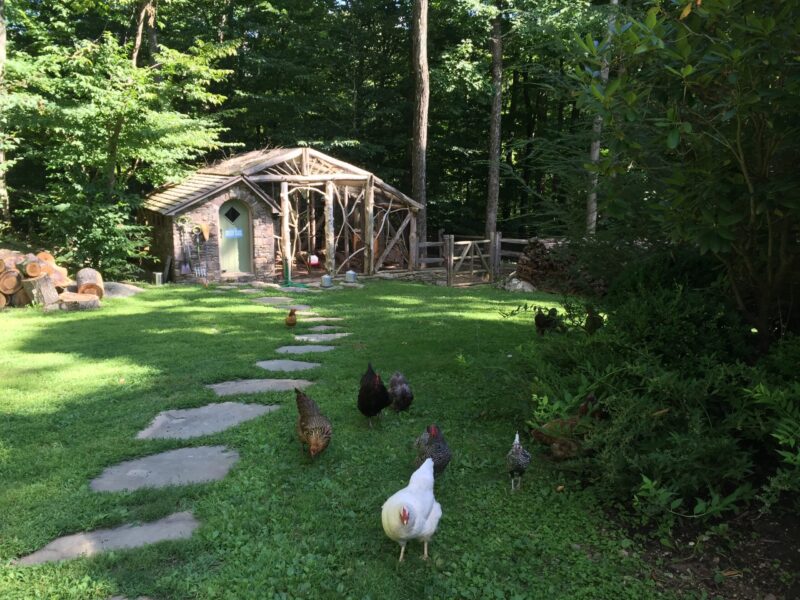On October 27th, our Greenwich Assessor laid out the 2015 real estate revaluation process for 100 people who attended the RHA Fall Forum co-hosted with the Northeast and Northwest Greenwich Associations. With every property in the Round Hill Association boundaries and throughout Greenwich being revalued for next year’s tax bill, the presentation could not have been more timely. Lauren Elliott, our Assessor, started working for the Town of Greenwich in June 2014 and this will be her first tax revaluation for Greenwich. Fortunately for all she brings 25 years experience to the job, having been an appraiser, a real estate lawyer handling tax appeals, and an Assessor. She also brings a new attitude about several issues that affect many RHA property owners.
The Assessor has been working hard on the 2015 valuation since last year. For the homeowner the process starts when you get your preliminary assessment change notice which you should have received by the time you read this. If you did not receive your letter give their office a call at (203) 622-7885, since you’ll be subject to the new assessment whether you actually get the letter or not. Per state law the valuation is based on recent sales in your neighborhood and not on what your valuation was in 2005. If you don’t agree with the valuation you have three opportunities to get it fixed.
When you get your letter take a look at the “New Assessed Value”. This value by state law is 70% of what the Assessor thinks is fair market value for your property. To get the fair market value for your property divide your new assessed value by 0.7 to get your FMV.
In the letter you will also see a box labeled “2015 Estimated Taxes” for most people in our Association this figure should be lower since properties in mid country and BackCountry Greenwich did not appreciate as much as properties in Riverside, Old Greenwich and central Greenwich. Even if your taxes are going down, if your property valuation is high you still may want to go through the process to correct it since this valuation will be used to determine your taxes for the next five years.
The first step in process is to go to the Assessor’s Office in Town Hall and ask to look at your Field Card. This card shows the information the Assessor has on your property. Once you get your Field Card you should look at every item on it to make sure that each item is correct, e.g. the number of bedrooms.
The clerks at the counter can help you with the Field Card. If there are more specific questions that relate to your property that do not appear on the card, such as how the Assessor values excess acreage, you can ask to meet with her for more information. If any item on the Field Card is incorrect, getting it fixed should be fairly easy. The outside contractor, Tyler Technology, will have people available from November to February to review these issues at an informal hearing (your first opportunity). Also at this hearing you can point out valuation issues having to do with your property and sales of comparable properties in your neighborhood.
To find out what the Tax Assessor thinks is your neighborhood go to the Assessor’s page on the Town website (http:// www.greenwichct.org/government/ departments/assessor/). In the right hand column click on “View Residential Neighborhood Map”. While there also take a look at View Sales and View Assessments to get the comparable data you need. Do not delay your trip to the Assessor’s Office because it will be crowded towards the end of January.
In February, 2016, the final Assessor’s Change Notices will be mailed to all property owners which is your cue to think about appealing to the Board of Assessment Appeals (the second and usually last opportunity). The BAA is a five member Board of town residents who were elected this November, but for most members of the board it was a re-election and they have years of service on this Board handling these appeals.
You can bring anyone you want to the BAA hearing; an appraiser, your attorney, a realtor or a family member to help make your argument. It is always useful to have a licensed appraiser prepare a report that can be presented to the members of the Board.
The final date for filing with The Board of Assessment is March 20, 2016, and hearings will be held at the Town Hall during the month of April, 2016. The Board is generally able to work out a convenient date and time when your hearing will take place. As is the case with other legal proceedings, it is helpful for you to be present for the hearing, although it is possible to appoint an attorney or personal appraiser to represent you if you cannot be present. The Board is conscientious about lowering the assessments that they believe should be lowered. They also have the power to raise assessments and they do raise them where appropriate so be sure of your case before appealing.
If you are not happy with the BAA’s decision Connecticut statutes provide for an appeal to the Connecticut Superior Court in Stamford (your third bite of the apple). The appeal to Superior Court must be made in a very short period of time so contact your attorney immediately. The appeal follows all court procedures and you should have your attorney prepare your appeal and represent you in court. The Town will be represented by the Town’s Attorney’s Office, and the proceedings can be expected to take several months. Connecticut law requires the Town Assessor be present at the actual hearing in the Superior Court. For this reason, cases do not usually reach a hearing in the Superior Court unless large sums are in controversy.
By early May, 2016, most differences between the Town Assessor and property owners will have been resolved, and in May, 2016, the Board of Estimate will finalize the mill rate and new tax bills will be mailed as of July 1, 2016, using the new assessments.
At our Fall Forum Ms. Elliott said a couple refreshing things that will help preserve the open spaces here in Greenwich. If you have a lot that is more than twice the size of the zone, say 5 acres in a two-acre zone, the extra acreage will be treated as excess acreage rather than a second building lot provided it has not been subdivided. Owners of oversized lots will have an incentive to keep them together, since if they subdivide their lot their taxes will go up. Also she will recognize conservation easements that impact the property’s value. The former Assessor tended to ignore these conservation easements so recognizing them will also encourage their use and the preservation of open space.



